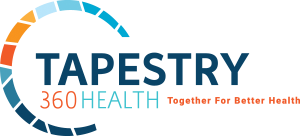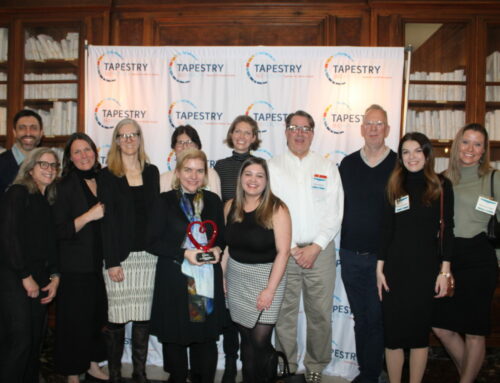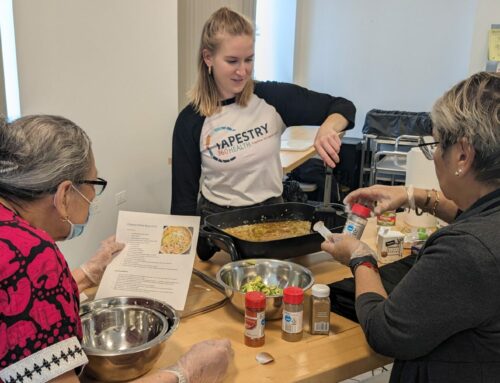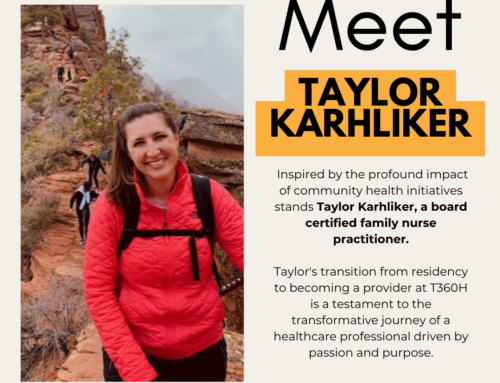News
Gale, Kilmer schools celebrate new & improved SMART care clinics
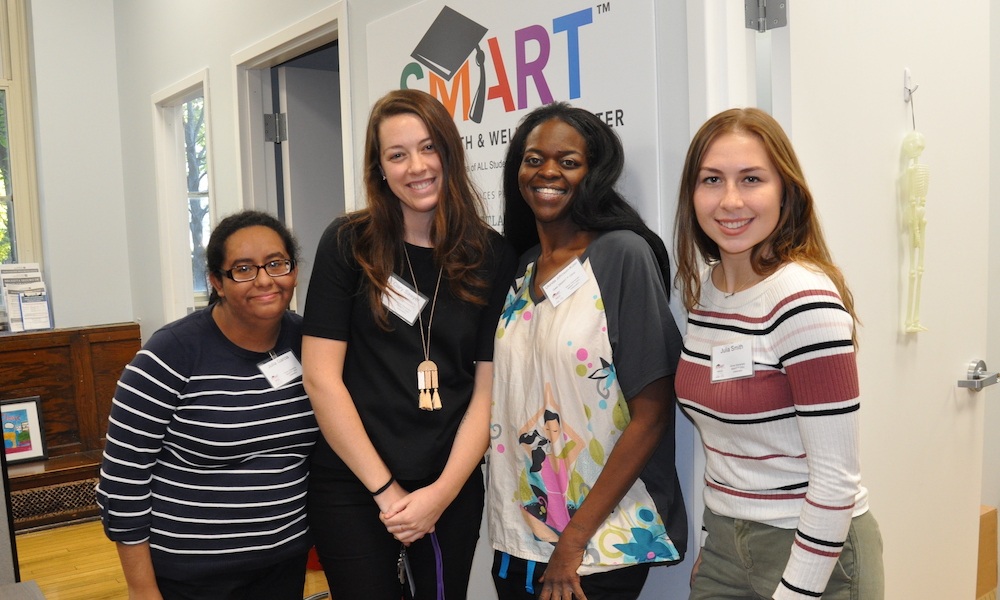

Top: U.S. Rep. Jan Schakowsky, Ald. Joe Moore, and Gale School’s principal Augustine Emuwa were joined by Melanie Ginn of the Ginn Group and Tapestry 360 Health CEO Gwenn Rausch as well as supporters from Aramark, CVS Health, and Loyola at a ribbon cutting at Gale the morning of October 24. Bottom, leaders went on to celebrate the renovation of the health clinic at Kilmer School later the same day. (Photos courtesy Ginn Group)
A who’s who of Rogers Park community leaders turned out to celebrate the opening of a new school-based health clinic at Gale Community Academy October 24, the result of a community-wide organizing effort led by Principal Augustine ‘Augie’ Emuwa.
“We’re glad to be part of transforming the community,” Tapestry 360 Health CEO Gwenn Rausch said. “Expanding to reach more students is part of Heartland’s growth strategy but it’s also part of our from the heart mission,” she said.
So far this year Tapestry 360 Health providers have seen more than 5,000 patients at school clinics. School-based health clinics provide physicals, sports physicals, primary care, mental health and other services that help keep kids in school. Increased access to medical care during the school day decreases student absences and tardiness and improve overall academic achievement.
Joining the students to celebrate the rollout of new health services at Gale and a re-dedication of the clinic at Kilmer elementary later the same day was our partner Melanie Ginn of the Ginn Group, who created the SMART school health care model we use at four schools in Rogers Park.
Also on hand were Rogers Park leaders and investors in the school including: U.S. Rep. Jan Schakowsky, state Sen. Heather Steans, and David Casey, Chief Diversity Officer of CVS Health–which made the first, $150,000 investment in the SMART model 5 years ago and has been instrumental in its continued growth. Others on hand included Ald. Joe Moore, Dr. Ken Fox, Chief Health Officer from the Chicago Public Schools Office of Student Health and Wellness and representatives from state Rep. Kelly Cassidy’s office, Aramark, and Loyola University, all key supporters of the clinic.
Emuwa stressed that bringing healthcare to Gale School was a community project supported by donations large and small. “Whether it was $5, 50 or in one case, $45,000, it warms our hearts to know you care about us,” he said.
Emuwa knew Gale needed a clinic, he said, because he had seen the model in action at Sullivan High School where he was previously assistant principal. Sullivan’s clinic, a partnership between Tapestry 360 Health and the Ginn Group is the flagship for the SMART™ care model developed in Chicago in 2013. Ginn noted that the Sullivan clinic has routinely reached 98 percent of the student population, increasing attendance by 3-4 percent, and improving the school’s academic metrics and rating relative to other models.
Melanie Ginn called replication the best form of recognition: “To have the former assistant principal at Sullivan get his own school and want to have a SMART health care clinic in it is a great compliment to us,” she said.
The clinic opening was also covered by WBEZ, listen here:

Top: U.S. Rep. Jan Schakowsky, Ald. Joe Moore, and Gale School’s principal Augustine Emuwa were joined by Melanie Ginn of the Ginn Group and Tapestry 360 Health CEO Gwenn Rausch as well as supporters from Aramark, CVS Health, and Loyola at a ribbon cutting at Gale the morning of October 24. Bottom, leaders went on to celebrate the renovation of the health clinic at Kilmer School later the same day. (Photos courtesy Ginn Group)
A who’s who of Rogers Park community leaders turned out to celebrate the opening of a new school-based health clinic at Gale Community Academy October 24, the result of a community-wide organizing effort led by Principal Augustine ‘Augie’ Emuwa.
“We’re glad to be part of transforming the community,” Tapestry 360 Health CEO Gwenn Rausch said. “Expanding to reach more students is part of Heartland’s growth strategy but it’s also part of our from the heart mission,” she said.
So far this year Tapestry 360 Health providers have seen more than 5,000 patients at school clinics. School-based health clinics provide physicals, sports physicals, primary care, mental health and other services that help keep kids in school. Increased access to medical care during the school day decreases student absences and tardiness and improve overall academic achievement.
Joining the students to celebrate the rollout of new health services at Gale and a re-dedication of the clinic at Kilmer elementary later the same day was our partner Melanie Ginn of the Ginn Group, who created the SMART school health care model we use at four schools in Rogers Park.
Also on hand were Rogers Park leaders and investors in the school including: U.S. Rep. Jan Schakowsky, state Sen. Heather Steans, and David Casey, Chief Diversity Officer of CVS Health–which made the first, $150,000 investment in the SMART model 5 years ago and has been instrumental in its continued growth. Others on hand included Ald. Joe Moore, Dr. Ken Fox, Chief Health Officer from the Chicago Public Schools Office of Student Health and Wellness and representatives from state Rep. Kelly Cassidy’s office, Aramark, and Loyola University, all key supporters of the clinic.
Emuwa stressed that bringing healthcare to Gale School was a community project supported by donations large and small. “Whether it was $5, 50 or in one case, $45,000, it warms our hearts to know you care about us,” he said.
Emuwa knew Gale needed a clinic, he said, because he had seen the model in action at Sullivan High School where he was previously assistant principal. Sullivan’s clinic, a partnership between Tapestry 360 Health and the Ginn Group is the flagship for the SMART™ care model developed in Chicago in 2013. Ginn noted that the Sullivan clinic has routinely reached 98 percent of the student population, increasing attendance by 3-4 percent, and improving the school’s academic metrics and rating relative to other models.
Melanie Ginn called replication the best form of recognition: “To have the former assistant principal at Sullivan get his own school and want to have a SMART health care clinic in it is a great compliment to us,” she said.
The clinic opening was also covered by WBEZ, listen here:
